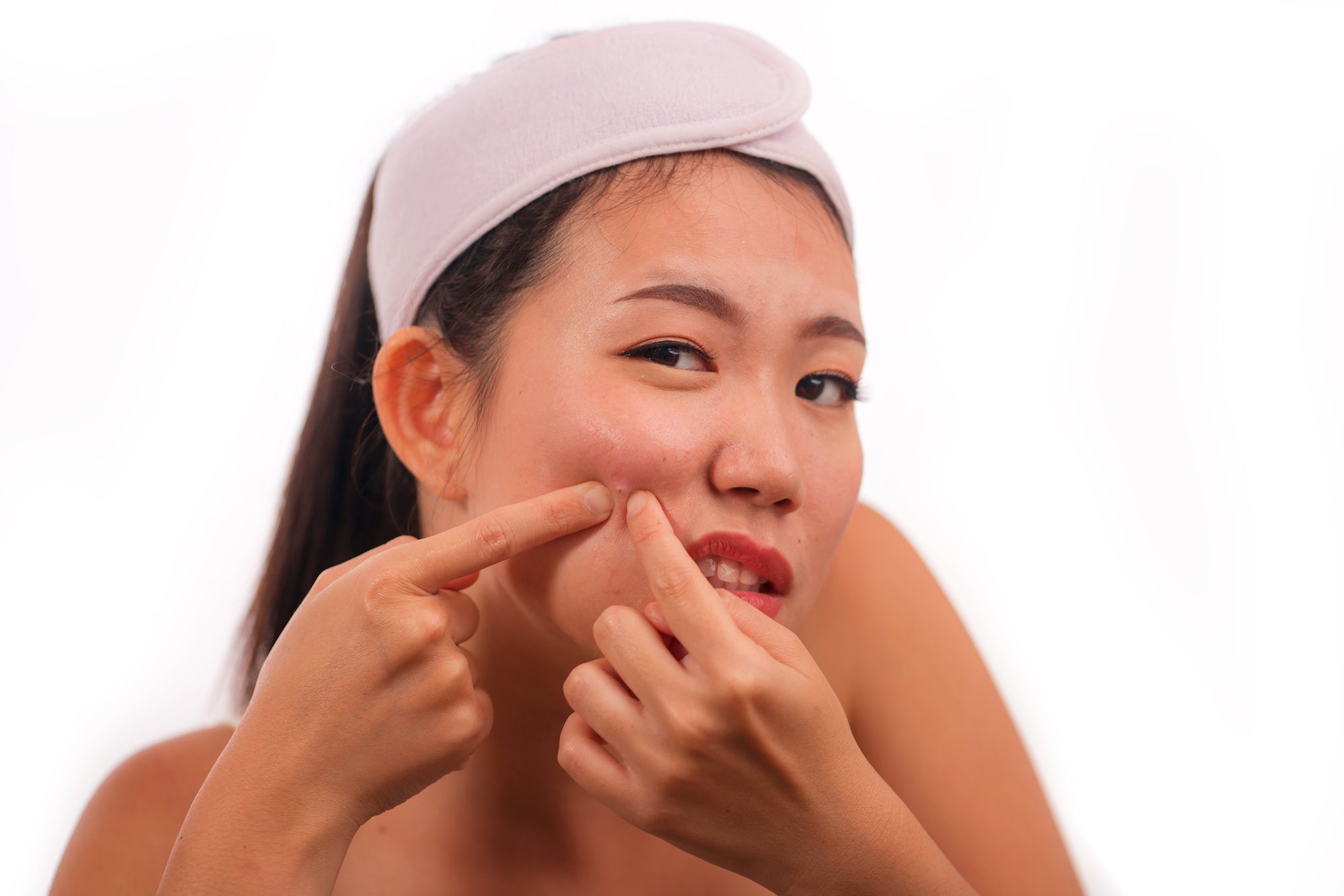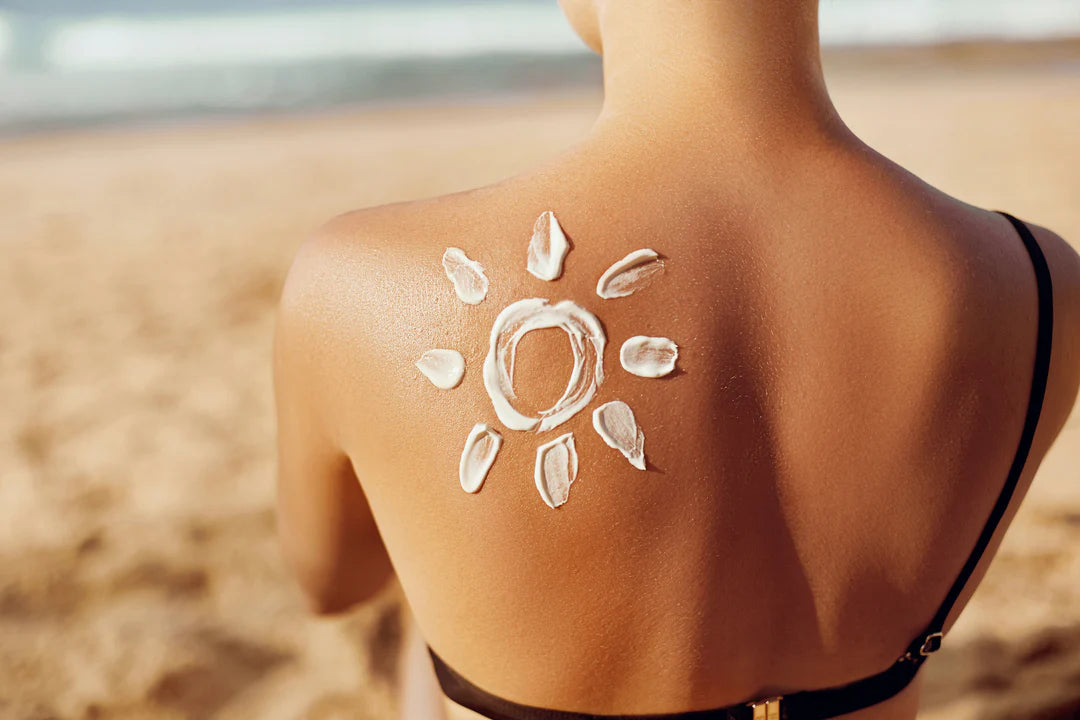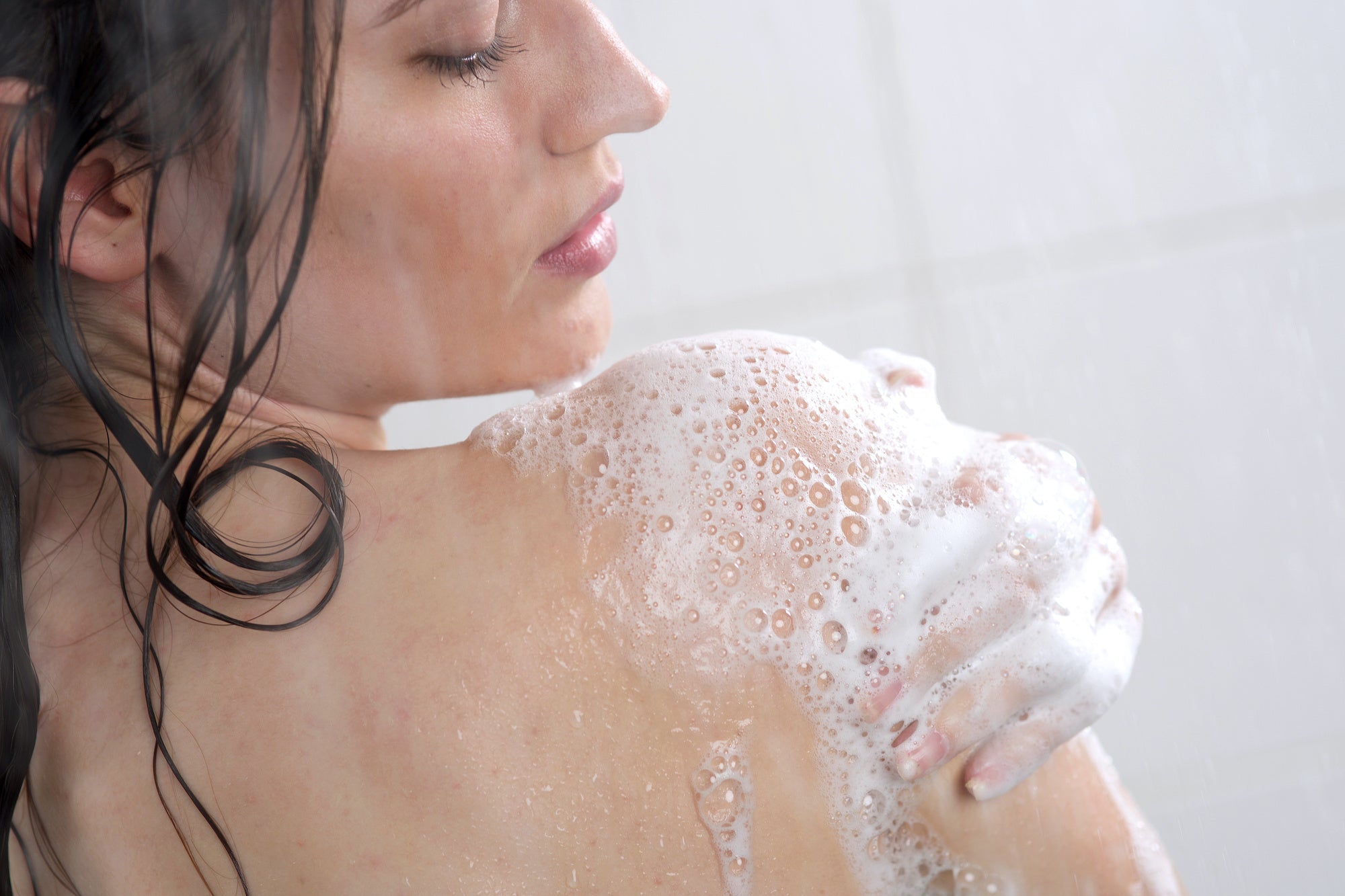
Popping Cystic Acne: Can it be done?
Popping pimples- everyone does it. The idea of popping a pimple is a lot more than just the act itself though. There's something about seeing an unidentified substance fly out of a zit that's just exhilarating!
Not to mention, the small glimmer of hope that sneaks up in our minds and says, "If you pop this pimple, the problem will just disappear!" (which is entirely a myth).
The truth: popping a pimple is as gross as it is fun and this society is Just. Can't. Get. Enough.
However, not all zits are created equal. If the zit you're dealing with is a small little whitehead, that’s one thing. But, if it’s a large, giant cyst monster, you have a completely different problem on your hands!
Trying to pop cystic acne is not for the faint of heart and truly needs to be discussed! So let’s examine this whole pimple-popping thing to see if it’s a good idea for cystic acne.
First, we have to understand what cystic acne is and how it occurs!
The Cystic Acne Breakdown
Cystic acne is a lot like a relative visiting. They always come when you don't want them, they take forever to get rid of, and they disturb your peace!
But what is it about a cystic acne breakout that makes them especially bad?
They're hard to predict.
How do you treat them? How do you prevent them? What other option do you have other than trying to pop them?
Lucky for you, I have the secret to what contributes to cystic acne and how you can understand them a little better so that you can stop them!
Here are the leading contributors:
- Too much oil- An overproduction of oil can lead to a slippery slope when it comes to acne. It creates clogged pores and sets the stage for harmful bacteria (known as P. acnes). No ma'am!
- Hormonal Imbalances- Hormonal changes that occur during our periods (which I like to call Little Red Riding Hood), or other hormonal situations (like PCOS, endometriosis, etc.), can all contribute to oil overproduction.
- Too Much Stress- Studies have shown that a person under a lot of stress can experience hormonal cystic acne at a higher rate. Why? The stress hormone, cortisol, rises when you're overwhelmed, and hormone spikes increase oil production. My advice: try more breathing exercises, please!
So, now that we've gained some knowledge, let's get back to this pimple-popping topic, shall we?
Why Popping Cystic Acne Just Won't Work
I know that your curiosity has been piqued, and you finally want to know if you can pop a cystic acne zit, but the truth is...
The main reason that many of us insist on popping our zits is that we just don't want them exciting on our faces anymore!
See what I did there?! ... Anyone? Anyone?? Okay, I know that this was a groaningly bad pun, but I tried!
Sebaceous cysts are commonly mistaken for regular zits, but boy-oh-boy are they different. Unlike a zit that appears on the top layer of your skin, a sebaceous cyst lies under the surface. They form when fluid gets trapped near a damaged follicle or blocked duct under the skin.
Popping a zit on its own is a serious thing that could leave all types and sizes of scarring if done wrong. The reason for this is because of how deep the cyst lies within the skin. So, that is why most recommend going to a dermatologist to extract a cyst.
Another really important thing to note is that some cysts don’t have pus and often the lining of a cyst is so thick that it is virtually unpoppable! (I know, crazy!)
When you're dealing with cystic acne, it isn't just a regular zit you're dealing with.
Don't let this be discouraging, though. There are still ways that you can get rid of these unpleasant friends for good!
What to Do Instead
Trying to pop cystic acne is a bad idea any way you spin it, and while it may seem like a good idea at the moment, it will almost always come back to bite you in the butt (take my word for it).
But there are things that you can do to lessen the blow of a cystic acne breakout. I recommend a double-whammy attack. Ice can help reduce inflammation, and using products designed to treat even the most difficult situations will hit it where it hurts. And that is where Averr Aglow comes in. Always designed with you in mind, our products won't clog pores, won't strip the skin of its natural defenses, and will tackle cysts at the root of the problem to promote healthy skin!
Our Clear Skin Elixir is the perfect friend to any difficult breakouts and will dramatically cut down on healing time. Fewer cystic acne-filled days are in your future!






